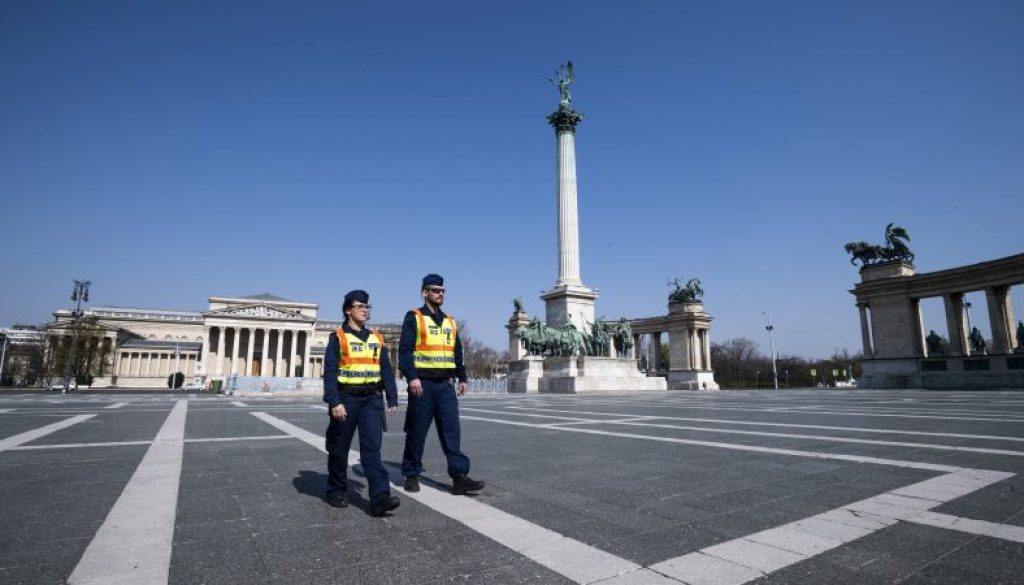Hungary: Man arrested for Facebook post as data protection rights suspended in response to Covid
Hungary’s Prime Minister Viktor Orban declared a state of emergency on March 11 in response to Covid-19. In doing so, he launched an “anti-coronavirus defence law” which enabled him to rule by decree for an undefined length of time.
Under the law, anyone who spreads “falsehoods” about Covid-19 or the measures taken against it, could face up to five years in jail. Those who do not comply with curfew or quarantine rules could face up to eight years in jail.
In addition to this, on May 4, Mr Orban issued a decree pertaining to Hungary’s data protection laws which included the suspension of individuals’ data rights pursuant to Article 15 to 22 of the European GDPR in relation to the processing of personal data for the purposes of preventing, recognising and stopping the spread of Covid-19, until the state of emergency ends.
In response to this move, HCLU, Access Now and Civil Liberties Union for Europe wrote a joint letter to the European Data Protection Board on May 11, calling on it to launch an infringement procedure against the Hungarian government and to restore the suspended data protection rights.
The civil liberties groups also argued that the restriction on data subjects’ rights was disproportionate, unjustified, and potentially harmful to the public’s response to Covid-19.
On June 3, the EDPB released a statement after it held a plenary session, saying the “mere existence of a pandemic” is not a sufficient reason to restrict the rights of data subjects.
It also indicated it will issue guidelines on the implementation of Article 23 of the GDPR, which allows states to restrict the scope of certain GDPR obligations and rights in certain situations, in the coming months
Arrested
Against this backdrop, on the morning of May 12, a 64-year-old man was detained by police and taken into custody where he was questioned about a Facebook post he published on April 28 in which he criticised Mr Orban.
The man was later released without charge. At the time of the man’s arrest, the HCLU criticised the arrest and said the man’s comment was an expression of his opinion and that his arrest was not even legal under the new emergency powers.
In addition, and as part of its response to Covid-19, Hungary launched a quarantine-monitoring app with facial recognition technology.
As the app’s advertisement on Google Play explains, a user’s compliance with the quarantine rules is verified by a mandatory time-logged check-in request to the user sent automatically by the system via SMS at a random point in time.
Location data
The check-in involves the user’s identity and location data being automatically verified using face recognition and location data derived from the phone. Residents who do not download the app could instead receive a visit from police.
The HCLU is very concerned that the app’s source code is not public, meaning the app’s design is not open to public scrutiny.
It is not known how face prints derived from the app are stored and if they are being collected for any other reason than quarantine verification.
As of May 24, some 1,392 people had registered to use the app, while just 910 of those registered were actively using it.
As of May 28, there were just more than 11,500 people in compulsory home quarantine in Hungary.
Pic: EPA-EFE/Marton Monus HUNGARY OUT/Euractiv
(Labelled for non-commercial re-use)

